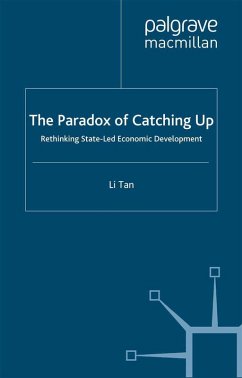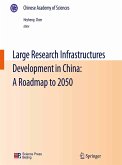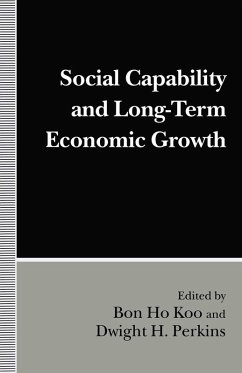The phenomenon of state-led development has been persistent throughout modern history and remains significant today. Latecomers in the world's development, from Russia in the 19th century to contemporary China, persistently resorted to the state as a developmental instrument in economic catch-up. Why did relatively 'backward' economies tend to take the state-led approach rather than following the free market model? Why did those latecomers that used the state as the main coordinator and had the bureaucratic capacity to do so modernize faster than other 'backward' economies? Finally, do the successful state-led developers have the potentials to take the lead in world's developments? Or under what conditions could they do so? These are the questions the book intends to answer. This book looks into the state-led development in the post-war period, offering a new perspective for interpreting the choice of the state-led approach by latecomers and the consequences of such choices.
Dieser Download kann aus rechtlichen Gründen nur mit Rechnungsadresse in A, B, BG, CY, CZ, D, DK, EW, E, FIN, F, GR, HR, H, IRL, I, LT, L, LR, M, NL, PL, P, R, S, SLO, SK ausgeliefert werden.









